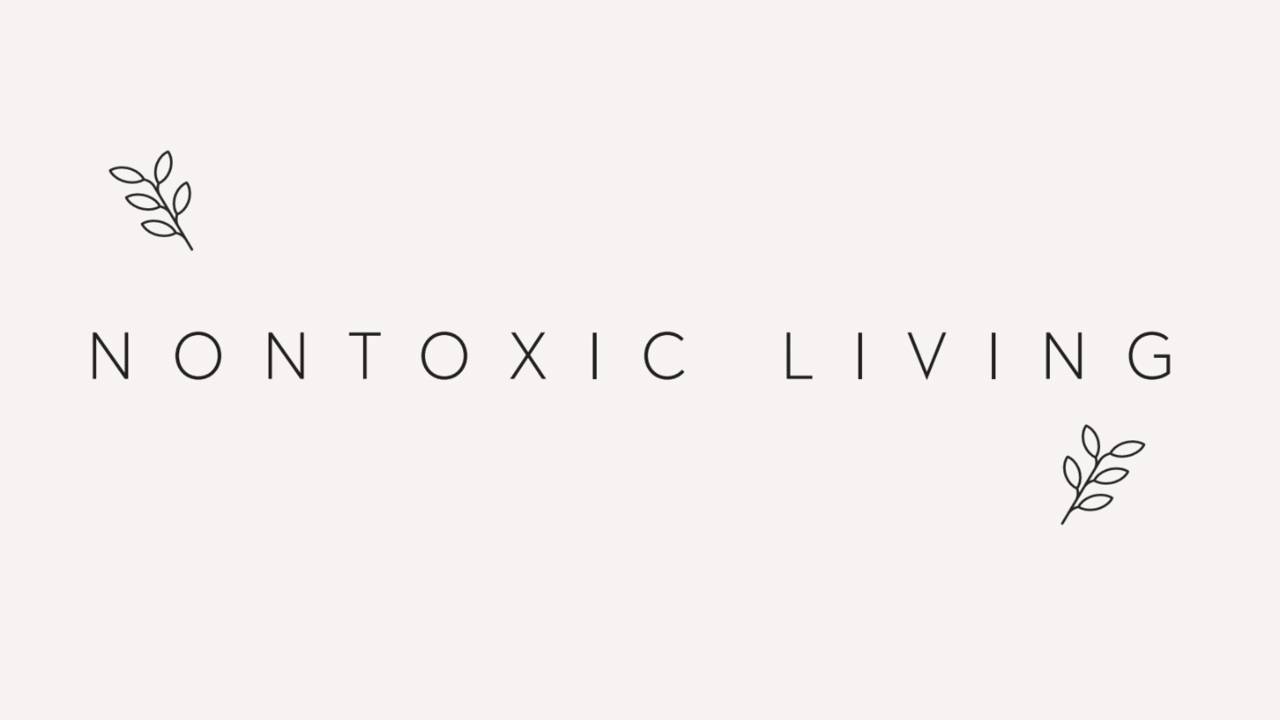Choosing Natural and Organic Products: Opting for natural and organic products can significantly reduce exposure to harmful chemicals. This includes food, personal care items, cleaning products, and household goods. Look for products that are certified organic and free from synthetic additives, pesticides, and preservatives.
Avoiding Synthetic Fragrances: Synthetic fragrances found in perfumes, air fresheners, and scented products can contain harmful chemicals known as phthalates. Choosing fragrance-free or naturally scented products can help reduce exposure to these chemicals.
Using Non-Toxic Cleaning Products: Many conventional cleaning products contain harsh chemicals that can be harmful to health and the environment. Switching to non-toxic cleaning alternatives, such as vinegar, baking soda, and essential oils, can be effective and safer.
Reducing Plastic Use: Plastic products can leach harmful chemicals, such as BPA and phthalates, into food and drinks. Using glass, stainless steel, or BPA-free plastics for food storage and avoiding single-use plastics can help reduce exposure to these chemicals.
Filtering Water: Tap water can contain contaminants such as chlorine, lead, and bacteria. Using a water filter can help remove these impurities and reduce exposure to harmful chemicals.
Choosing Natural Fabrics: Synthetic fabrics, such as polyester and nylon, can contain chemicals and microplastics that can be harmful to health and the environment. Choosing natural fabrics, such as organic cotton, hemp, and bamboo, can be a safer and more sustainable option.
Eating Organic Foods: Choosing organic foods can reduce exposure to pesticides, synthetic fertilizers, and genetically modified organisms (GMOs). Organic farming practices also tend to be more environmentally friendly and sustainable.
Promoting Indoor Air Quality: Improving indoor air quality by using natural ventilation, air purifiers, and avoiding the use of synthetic air fresheners and candles can reduce exposure to harmful chemicals and pollutants.
In conclusion, adopting a non-toxic way of living involves making informed choices to minimize exposure to harmful chemicals in everyday life. By prioritizing natural, organic, and environmentally friendly products and practices, individuals can promote health, sustainability, and a cleaner environment for themselves and future generations.
#EcoFriendlyLiving #ChemicalFreeHome #ToxicFreeLifestyle #OrganicLiving #SustainableChoices #SatvicLife #BiodegradableProducts #NaturalLiving #HerbalSolutions #GreenLivingTips














0 Comments